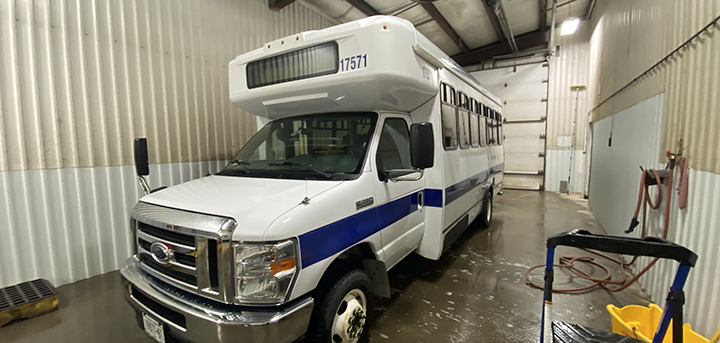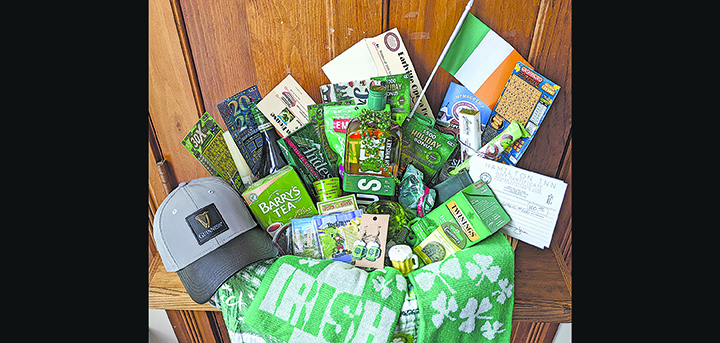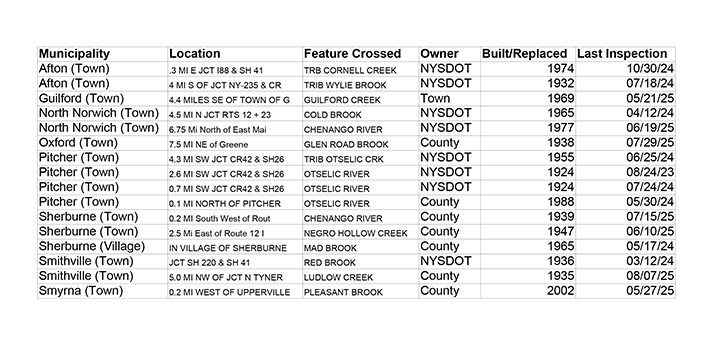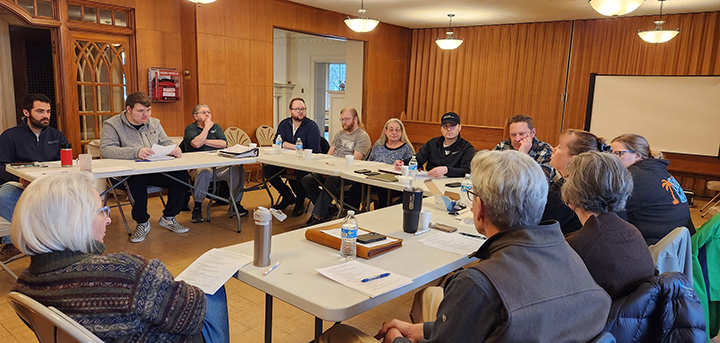Hacking down on the farm
By Joseph Angelino
Sun Columnist
With clock-like regularity my Massey Ferguson tractor has kept me active this year with wrenches, blood, sweat and almost tears. From one end to the other, inside and out I have kept busy tinkering and learning how to keep this 42-year-old utility tractor running.
Adding to the learning experience is my Massey’s stable mate in the barn, an International front end loader owned by a friend. The age of the loader is unknown, but I’m guessing I was in high school when it was shiny and new. Between the two of us, working together, we have overcome each mechanical issue that was thrown at us. Thankfully no one’s livelihood depends on the use of this equipment. There are neither crops going to waste nor any animals depending on the use of these tractors.












Comments